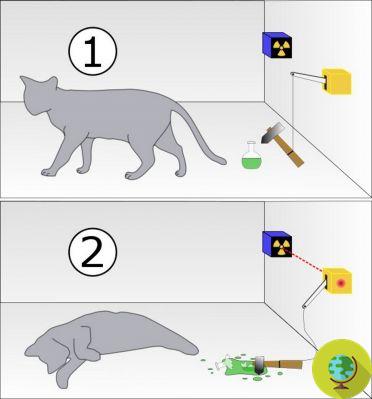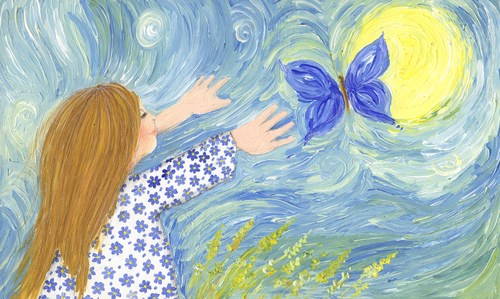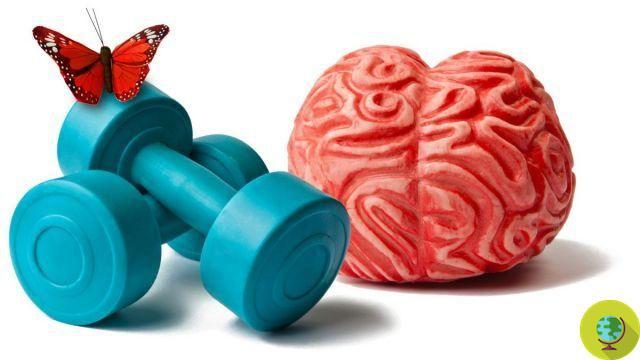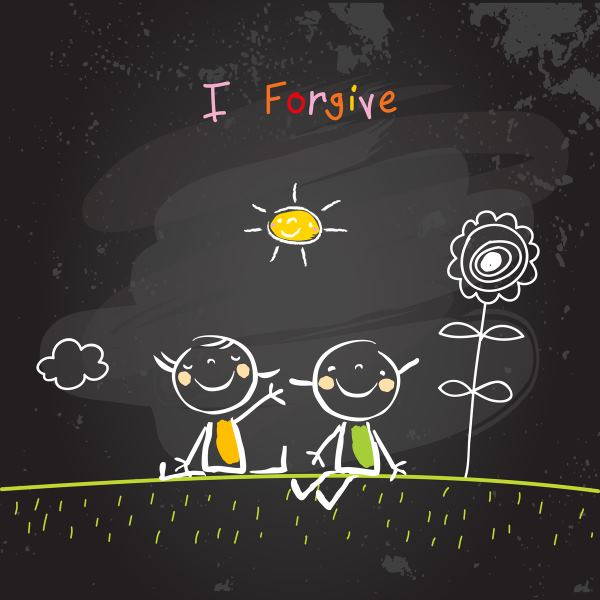The profound teaching of Japanese Shikata ga nai: accepting the challenges of life, recognizing how and when to respond.
Don't store avocado like this: it's dangerousPerhaps many, if not all, would do well to bring some Shikata ga nai in one's daily life, to play it down and make it, at the same time, more conscious. Shikata ga nai is a typical expression of Japanese culture: remember that things are as they are and that we don't always have control over our life.
Horror? Awe and disbelief because the introjected truth is that "you get everything you want with positive thinking, creative visualization, confidence in you and how cool you are is measured by the success you have"?
More than understandable, in our new-age-ized and materialistic Western world. That's why someone (or more than someone) might read - in the Shikata ga nai - a passive, submissive position, which refers to an annihilated and frustrated pessimism, expresses and reinforces a discomfort of lack of ability to control one's life but, in the deepest reality, this is not the case at all.
Index
The ancient Japanese wisdom
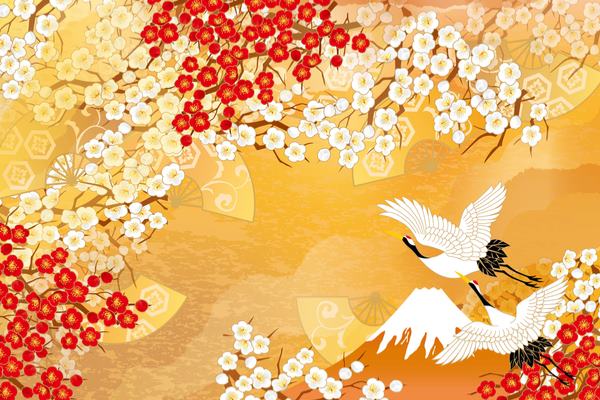
Inside is one ancient wisdom. In fact, there are two implicit aspects that it is important to underline: the "serene" recognition of the situation (which implies the ability to live in the here and now, the acceptance of the challenges that life brings even in the "unpleasantness") and the awareness that NOT one is always able to do something to change reality, but many times yes. It is necessary to know how to grasp the difference and, in this way, to go further, to move forward.
Shikata ga nai in short, it allows us to give weight, to strive, to commit ourselves, to sweat, to offer the best of ourselves where it deserves, where it makes sense and is useful, constructive and at the same time offers the wise vision to welcome, letting go, without resisting but flowing together - in the best possible way - in situations that cannot be changed. It is not a small thing.
Doing so, among other things, avoids a lot of unnecessary suffering, inefficient guilt and painful persistence. And, at the same time, one becomes stronger and more aware; we focus onaction in another direction (not opposite and contrary to unpleasant situations, but alternative, creative), in managing the consequences, of the here and now, whatever it is.
Shikata ga nai it's a reminder; accepting it is a choice that must be repeated, every time. Of course, it must also be digested, elaborated and internalized in practice, through life but making the choice automatically reduces tensions and thus opens up new possibilities. It's worth a try.
6 steps to practice Shikata ga nai
Candice Kumai, in her book "The Japanese Art of Nourishing Mind, Body and Spirit" (in English) suggests six ways to enter this attitude more easily:
To breath deeply
Deep breathing, especially through the nose, helps to feel more grounded, brings back to reality. When breathing it is important to pay attention to the body, to tensions: bringing the breath to those areas will help to relax them.
An awareness: the comparison with others never helps
Comparing your own life to that of others is a meaningless and frustrating practice. It is as if a rose compares itself to a sunflower: what is the meaning? Each has its uniqueness, its history and the task of him. When you find yourself confronted with someone else, it is better to unplug; take the time to honor what you are, you know how to do, what you have done, your personal characteristics. It is different, of course, to use the life of others to draw ideas and teachings that can also be useful for oneself.
Take care of yourself
Often we are so oriented to face the commitments and rhythms that are imposed on us that we no longer really exist as people. We are just in a hurry, chasing the clock to do everything. It is important to make stops. Take care of yourself in a serious way: of your body (with healthy, organic or better biodynamic food); of their emotions (dedicating and defending their time of affection, life in the midst of nature); of one's mind (with good reading, healthy fun that benefits everyone) and of one's spirit.
Change perspective
Things are often as they are but the ability to look at them from another point of view always makes the difference. How to change perspective? Disconnecting, perhaps with a little trip, could help. But more simply it is about giving yourself the opportunity to do different things normally. It is also a training that can be done every day: taking new roads to get to a certain place, moving position to see the view from a different point than usual, visiting new cities, watching a documentary, doing activities that were never before made before. Taking advantage of the creative and constructive stimuli that life offers and had never considered themselves.
Go out into nature
Spending time in nature is a new way of practicing shikata ga nai. Walking slowly through the woods, taking the time to contemplate and enjoy the beauty and life in which you are immersed, breathe deeply the fresh oxygen, inhale the natural oils released by the trees will help to open the heart. Entering into a relationship with nature can give new insights, awareness and visions.
Knowing how to ask for help
Friends see each other in times of trouble. And in times of trouble it is important to ask for the support of friends.
Shikata ga nai is not always easy. It is a wise, active "surrender". Which can be even more serene and strong for those who hear resound - in the events they encounter in life - the hand of the spiritual world which - beyond what we may humanly like or not - always brings us only useful experiences: for our own growth and that of our spirit. In short, life goes on. We can and must make a difference by following His Game. Consciously.
Read also:
- 3 Japanese techniques to relieve stress
- Inemuri: the Japanese art of free rest





